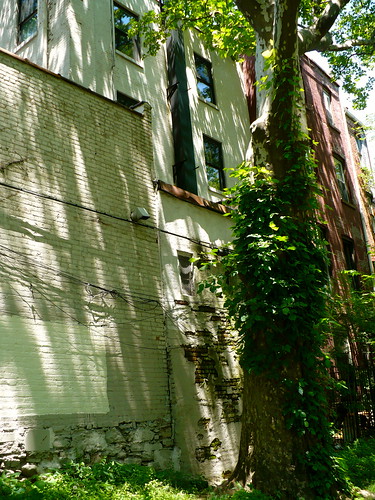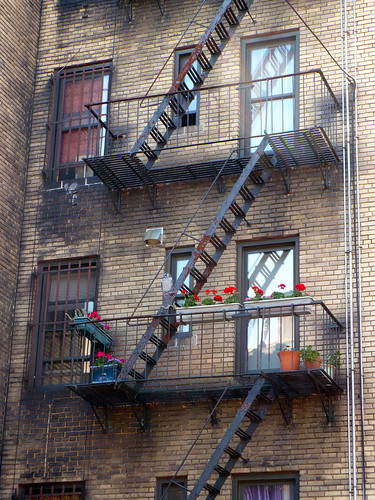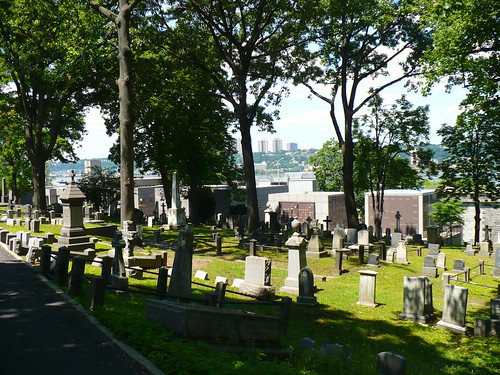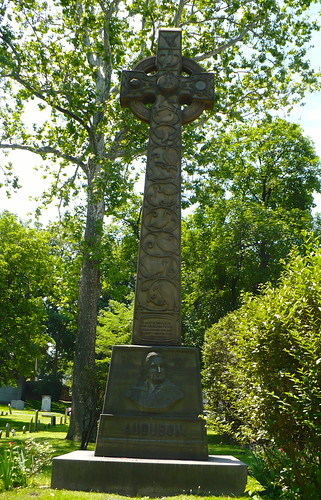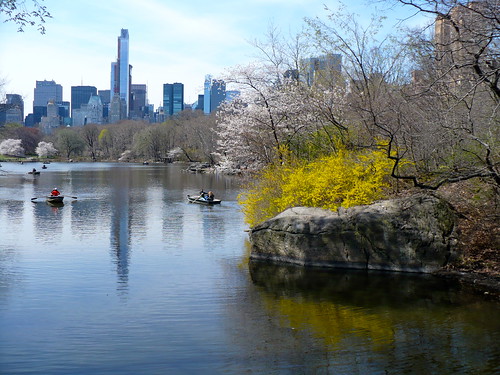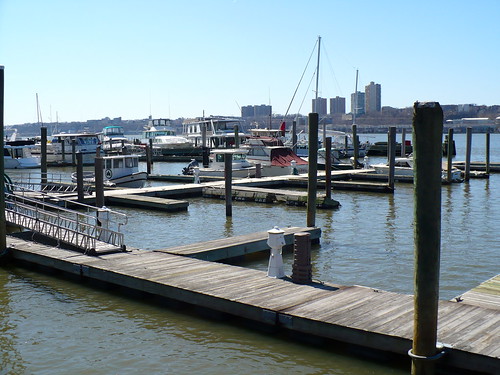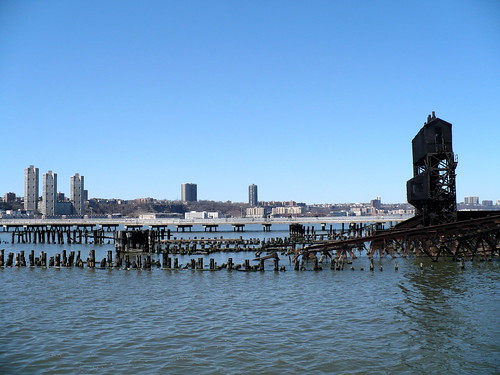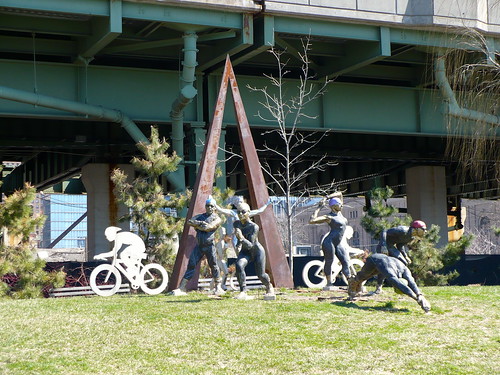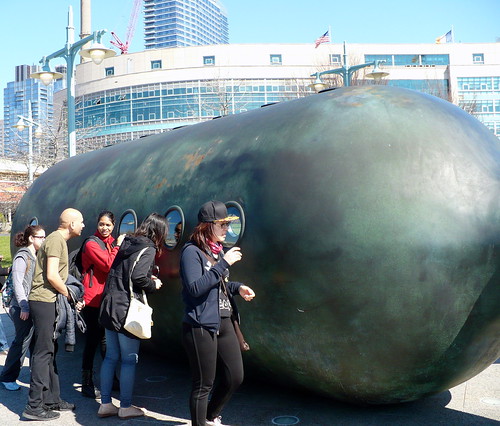Still, it's a lovely beach, even in winter.
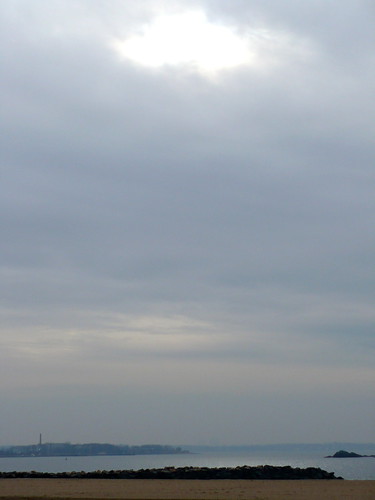

It lifted off from a chair-back,
Beating a smooth course for the right window
And clearing the sill of the world.
- Richard Wilbur, "The Writer"


I'm a firm believer in karma. And I think this situation was attracted into my life as a huge learning lesson for me. To grow and expand as a spiritual human being. I want to lead a huge charity organization. I want to lead a country one day, for all I know.
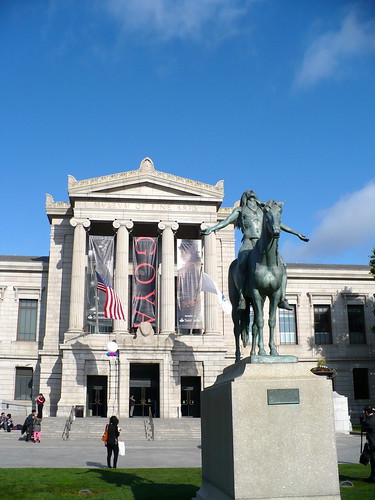



"Insanity runs in my family. It practically gallops."
Mortimer: What happened to him?!
Martha: He died.
Mortimer: Look, Aunt Martha, men don't just get into window seats and die!
Abby: Look now, dear, he died first.
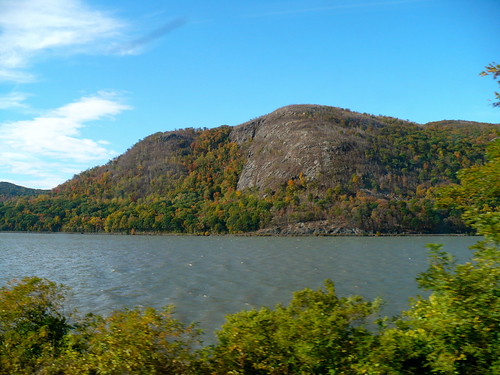

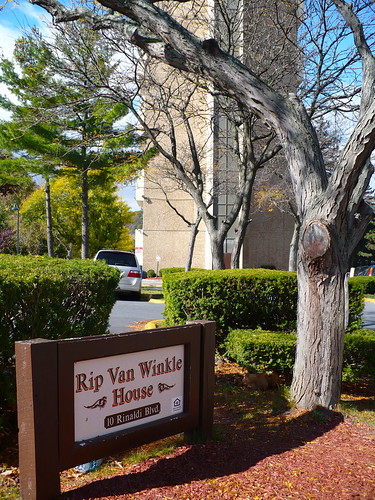
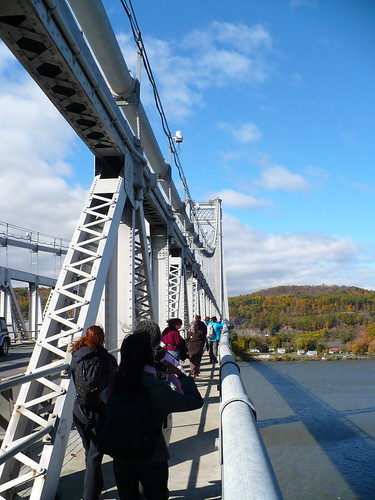


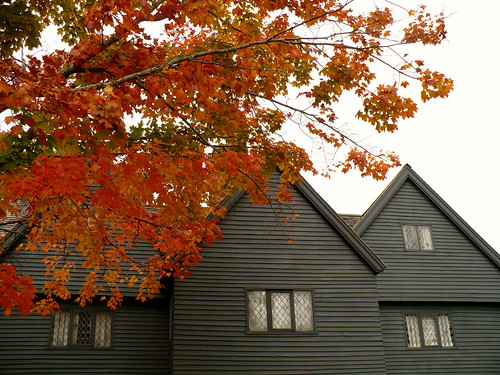
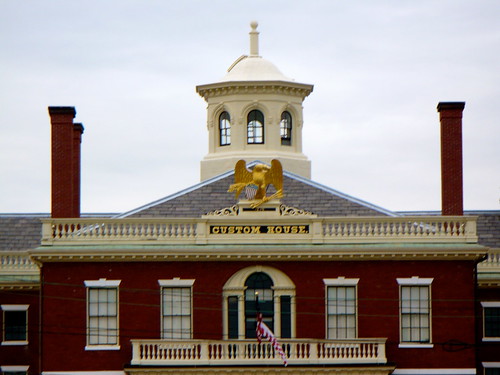

Passion Fish Poster. Via Wikipedia.


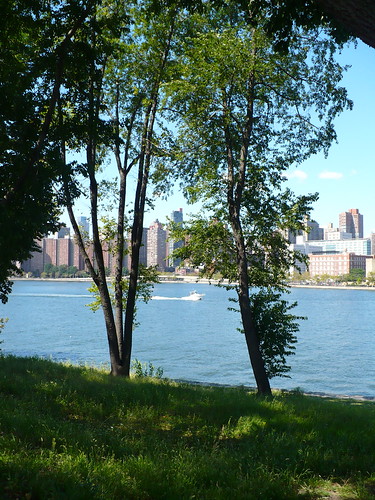


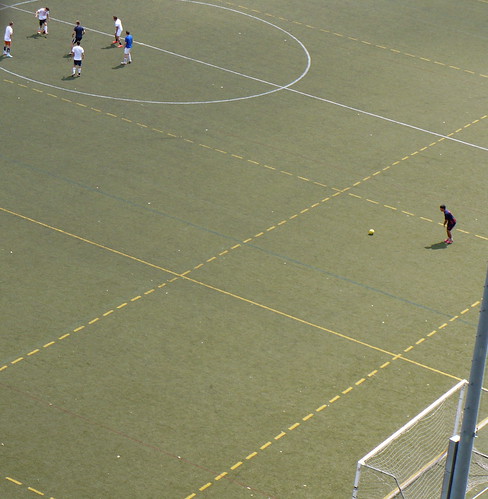

"In every way that counted, I was dead. Inside somewhere maybe I was screaming and weeping and howling like an animal, but that was another person deep inside, another person who had no access to the face and lips and mouth and head, so on the surface I just shrugged and smiled and kept moving."One day, he drives and just keeps on driving, with no particular destination or purpose. And then starts to move between different identities. Through circumstances described in the story, he steps into the shoes of an anthropology professor invited to give a talk in New Orleans about tales of undead Haitian coffee girls. Nothing in this story is as it seems, and by the end, you have to wonder who is this man, and who has he met along the way? Not sure if this is a nightmare, or if he's ripped through the fragile tissues that life's made of.
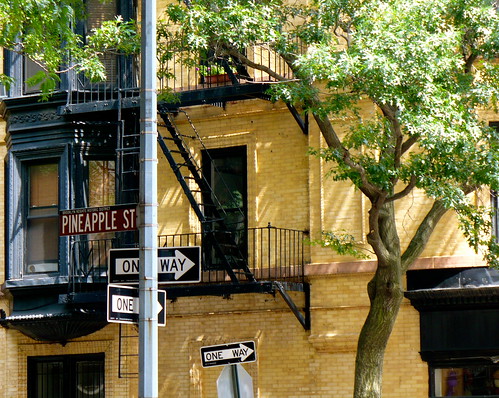
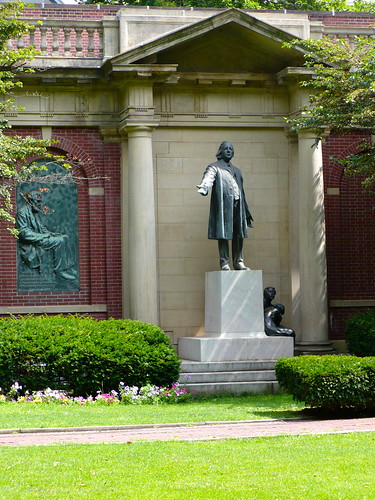
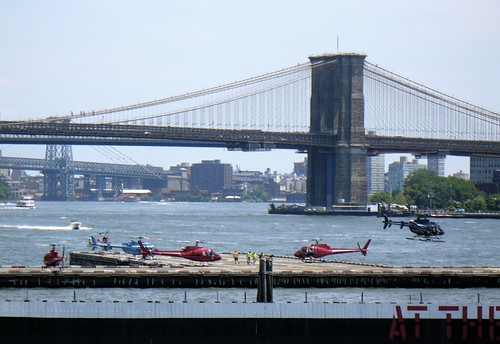
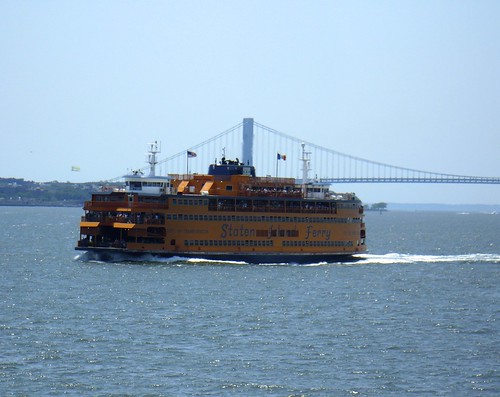
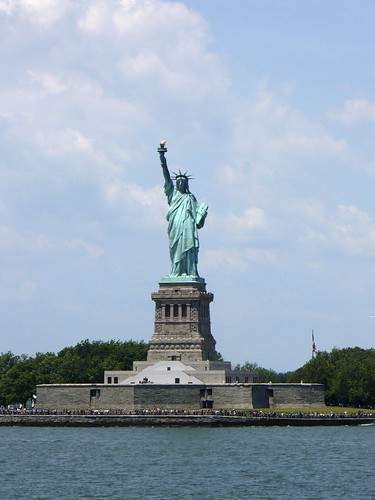
Meet in a Public Place from Mario Contreras on Vimeo.

